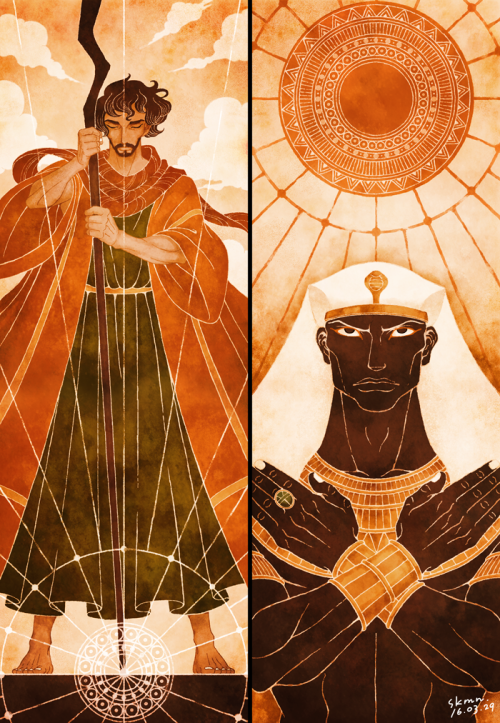When asked this question my dad used to always tell a story about when he first became a Christian. I’ll share it with you, but first we need a little background information:
My dad was in his early twenties when he first accepted Jesus as his Savior. He was an alcoholic. He was addicted to gambling. He had two young kids. My mom was pregnant with a third, and she was on the verge of divorcing him. Needless to say, his life was a bit of a mess. But God had reached into that mess and brought my dad to his knees at the foot of the cross of Christ.
My father was a new believer, on fire for the Lord--gobbling up everything he could learn about God and the Bible. He was determined to save his marriage, stop drinking, stop gambling, and rebuild our lives. Unfortunately, becoming a Christian is one thing, while being accepted by other Christians is entirely different.
My dad drove coal trains for the railroad so his schedule was unpredictable. More often than not he would come rushing in late to church or Bible-study--right after working a thirty-six hour run--in old worn-out sweats which were covered in oil and grease. Some people would view this as dedication; others as disrespectful. He was also very outspoken, if he had a question--he asked it. If he disagreed--he’d argue his point until someone could prove him wrong. To say in short--whether good or bad--he was a disruptive force and constantly, inadvertently, made people feel uncomfortable in the “boxes” they were living in.
Now I need you to understand that there were some amazing Christians who loved my dad just as he was, and did their best to bring our family into the fold--especially the pastor of our church (who was the man who led my father to the Lord in the first place) and the youth pastor (who is now the current pastor at Grace Chapel in Scottsbluff). I will always be incredibly grateful to them.
However, there were others at our church who looked at my dad like he was a dangerous bomb, ready to explode his sinful life all over their nice clean picture-perfect existences. And as anyone can tell you, all it takes is one sideways glance and a few poorly timed whispers, to make a person feel out of place and unwanted. Needless to say, he started struggling with feeling like he belonged and that brings us to our story.
I’m telling this story, not from my memory (because I was very young) but from memories of my dad telling it. We were on a short family vacation somewhere in South Dakota. Since we were there over a Sunday, my dad found a local church for us to attend. When we walked in the door a nice young lady realized we were new, so she came over to welcome us to their church. My dad’s not the type to just shake hands and move on, so he struck up a conversation. He ended up telling her that he often felt like a fish out of water in his home church, so he was considering not going there anymore.
That’s when she told him her story. A few years earlier she had been addicted to drugs, living on the streets, and working as a prostitute. When she accepted Jesus as her Savior, she worked hard to turn her life around. But, like my dad, she had found herself in a tough position with some church members. She felt unwelcome; like a dark stain on their perfect congregation. She had also been about to stop attending church, and to write off all other Christians as judgmental hypocrites.
Then, the following Sunday, as she sat in the church service, she saw a face she recognized. It was another woman who had worked the streets with her. Right after the service she rushed over to say “hello”. This other woman ended up accepting Jesus as her Savior as well.
The lady finished her story by saying this to my dad:
“If I stopped going to church, and if you stopped going to church, who will be here for the next person like us that comes through those doors?”
Needless to say, my dad did not stop going to church, and countless people, including me, are all the better for it.
As Christians, each and every one of us is “the church”. We can’t control the actions of others, we can only decide what to do with ourselves. It is as much my responsibility to make sure people feel welcomed as it is anyone else's.
Keep going to church. Reach out to other people who may be feeling like outsiders as well; welcome them as you wish you had been welcomed. Spread God’s love.
Hebrews 10:24-25 And let us consider how to stir up one another to love and good works, not neglecting to meet together, as is the habit of some, but encouraging one another, and all the more as you see the Day drawing near (ESV).
1 Thessalonians 5:11 Therefore encourage one another and build one another up, just as you are doing (ESV).
This series of blog posts titled, “Holding on to Reason”, is named after Amanda’s favorite C.S. Lewis quote: “Faith is the art of holding on to things your reason has once accepted, in spite of your changing moods.”













